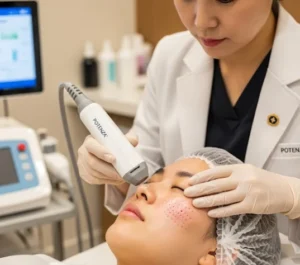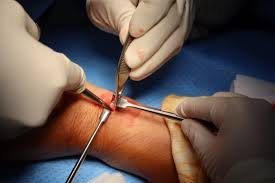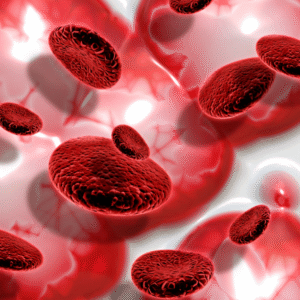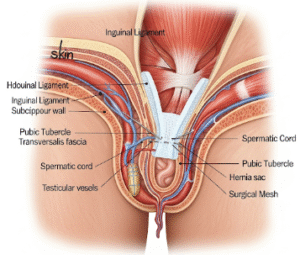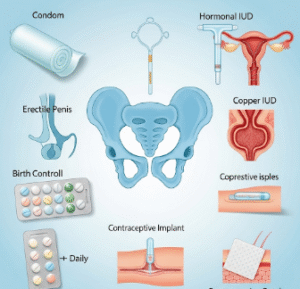Overview
Familial adenomatous polyposis (FAP) is a rare inherited disorder characterized by the development of hundreds to thousands of polyps in the colon and rectum, often during adolescence. Without treatment, FAP almost invariably leads to colorectal cancer. In Korea, early diagnosis through genetic testing and regular colonoscopic surveillance allows for timely interventions, including surgery and preventive care.
What is Familial Adenomatous Polyposis?
FAP is caused by mutations in the APC gene, resulting in uncontrolled growth of polyps in the colon and rectum. It is inherited in an autosomal dominant pattern, meaning a single copy of the mutated gene is enough to cause the condition. Both men and women are equally affected, and early detection is critical to prevent cancer development.
Symptoms
- Presence of multiple colorectal polyps (often asymptomatic initially)
- Rectal bleeding or blood in stool
- Diarrhea or constipation
- Abdominal pain or cramping
- Unexplained weight loss (in advanced stages)
- Anemia due to chronic blood loss
Causes
- Genetic mutation in the APC gene
- Inherited in an autosomal dominant pattern
- Occasionally arises as a new mutation without family history
Risk Factors
- Family history of FAP or colorectal cancer
- Genetic predisposition (APC mutation)
- Age (polyps typically develop during adolescence or early adulthood)
Complications
- Colorectal cancer if polyps are not removed
- Gastric and duodenal polyps, which can occasionally become malignant
- Desmoid tumors (benign fibrous growths)
- Extra-colonic manifestations: liver, thyroid, and pancreatic tumors
Prevention
- Genetic counseling for individuals with family history
- Regular colonoscopy starting in adolescence
- Surgical removal of polyps or prophylactic colectomy when indicated
- Healthy lifestyle to support overall colon health
Treatment Options in Korea
Diagnosis
- Genetic testing for APC mutations
- Colonoscopy to detect and monitor polyps
- Endoscopic biopsy for suspicious polyps
- Imaging studies (CT, MRI) for extra-colonic involvement
Medical Treatments
- Endoscopic polypectomy to remove polyps
- Surveillance colonoscopy to monitor new polyp growth
- Chemopreventive agents (e.g., NSAIDs like sulindac) in select cases
Surgical or Advanced Therapies
- Prophylactic colectomy (removal of the colon) to prevent colorectal cancer
- Options include total proctocolectomy with ileal pouch-anal anastomosis or subtotal colectomy with ileorectal anastomosis
- Management of desmoid tumors via surgery, medication, or radiotherapy if necessary
Rehabilitation and Support
- Nutritional counseling after colectomy
- Psychological support for cancer risk and surgery-related lifestyle changes
- Long-term follow-up with gastroenterology and genetics specialists


